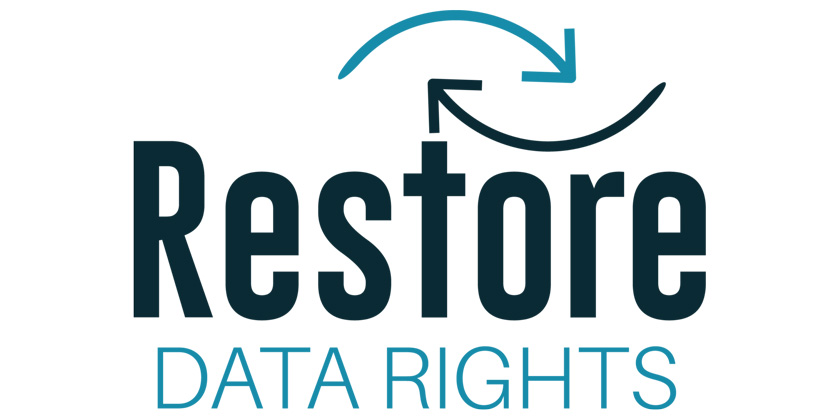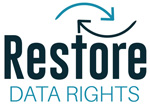Decisions made around how COVID-19 data are used are taken through established democratic processes
The rule of law, which is a founding value of the South African Constitution, applies in times of crisis as much as it does in more stable times. All power, including executive, judicial and legislative power, is subject to the Constitution as the supreme law. In this regard, the Disaster Management Act 57 of 2002 was enacted to provide “an integrated and co-ordinated disaster management policy that focuses on preventing or reducing the risk of disasters, mitigating the severity of disasters, emergency preparedness, rapid and effective response to disasters and post-disaster recovery and rehabilitation”. The Act applies when a disaster is not serious enough to justify the declaration of a state of emergency, but serious enough that the ordinary law cannot deal with it. The Act provides that the cabinet, in the national sphere of government, is primarily responsible for the co-ordination and management of national disasters. The Act is administered by a minister designated by the President namely the Minister of Co-Operative Governance and Traditional Affairs. South Africa has been under a state of national disaster, declared in terms of the Disaster Management Act by the Minister, since 15 March 2020. After a national disaster has been declared, the Minister may “make regulations or issue directions or authorise the issue of directions” concerning a range of issues that include regulation-making for purposes of steps that may be necessary to prevent an escalation of the disaster, or to alleviate, contain and minimise the effects of the disaster. This regulation-making power may only be exercised to the extent necessary to assist and protect the public; provide relief to the public; protect property; prevent disruption; or deal with the destructive and other effects of a disaster. Ministers act collectively with the President and they are all collectively and individually accountable to Parliament under the Constitution. The Courts are also required during times of national crisis, even when the legislature has conferred vast powers to make subordinate legislation on the executive, to refrain from divesting themselves of their judicial powers and duties. This includes the power to judicially review the measures implemented by the Executive to collect and use Covid-19 related data.
The public is consulted on how sensitive data (e.g. location data derived from mobile phones) are shared and used to tackle COVID-19, and their responses are used to inform policy interventions
After an extensive desktop search of online information, no information could be found to demonstrate that the public had been consulted on how sensitive data is used or shared to tackle Covid-19.
Any public-private data partnerships that are established to share and use COVID-19 related data should also include representatives from civil society and digital rights groups
After an extensive desktop search of online information, no information could be found which suggested that any public-private partnerships included representatives from civil society and digital rights groups.
The needs of vulnerable groups are taken into account and steps to protect ‘sensitive group data’ are included alongside actions to protect individuals’ data
After an extensive desktop search of online information, no information could be found to demonstrate that data regulation strategies considered the needs of vulnerable groups or that steps were taken to protect sensitive group data

